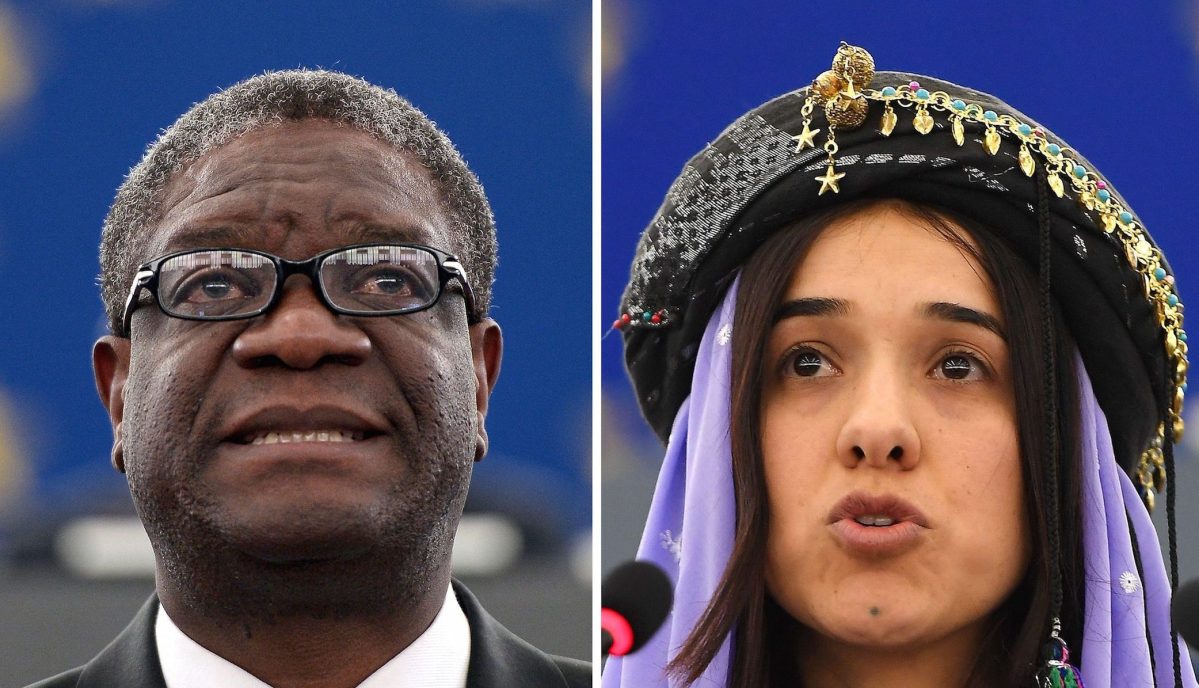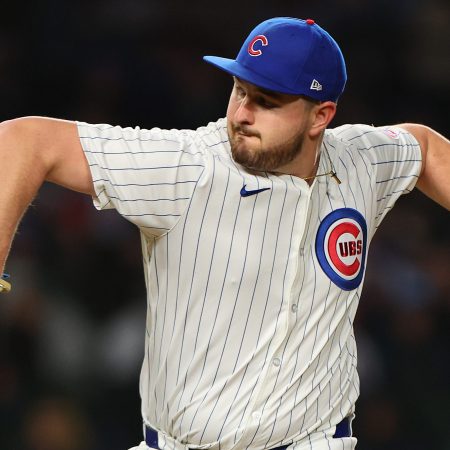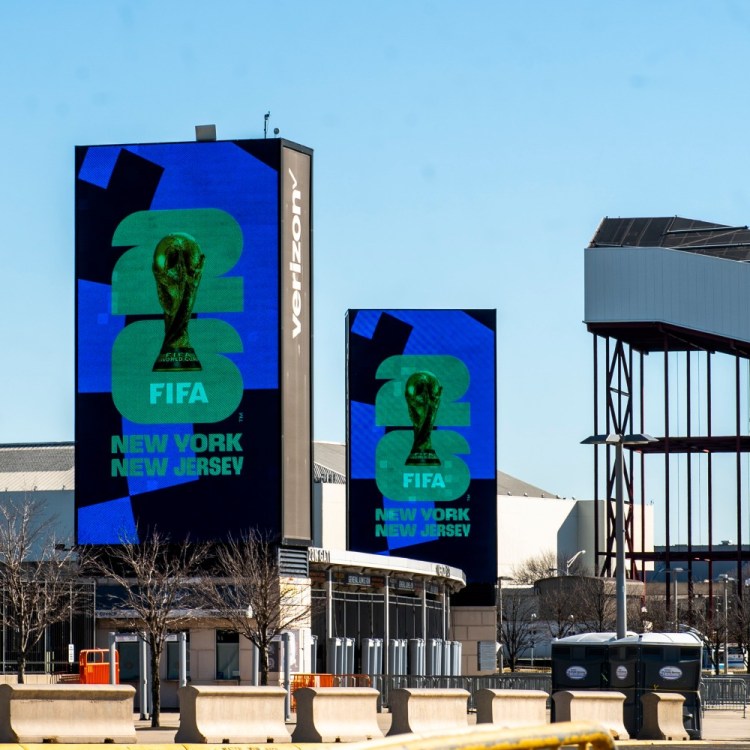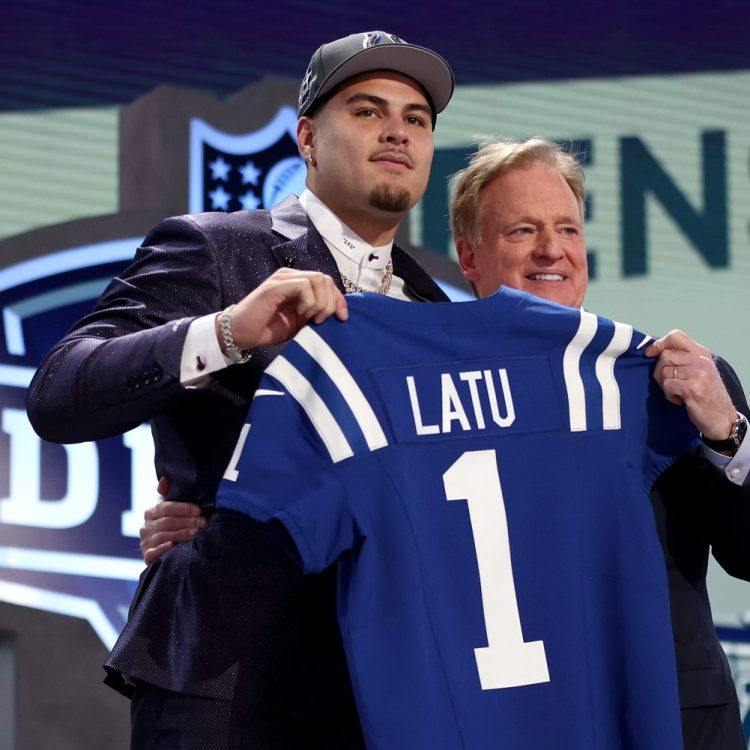Congolese gynecological surgeon Dr. Denis Mukwege and Yazidi human rights activist Nadia Murad will each receive a 2018 Nobel Peace Prize. The Nobel Peace award honored both Mukwege and Murad for their efforts to combat the use of sexual violence as a weapon of war.
Mukwege has long operated a small hospital above Bukavu in the eastern Democratic Republic of Congo. Throughout years and years of war in the region, Dr. Mukwege has treated a population that has been victim to rape by militias, government soldiers, and foreign armies. Mukwege has been a very public advocate for women during wartime, and survived an assassination attempt in 2012.
Murad, who is 25 years old, was abducted with thousands of other women during the Islamic State’s attack on the Yazidi minority of northern Iraq and raped repeatedly by Islamic State soldiers. After Murad’s escape from capture, she bravely agreed to be identified by name by reporters, and has campaigned endlessly and internationally for the recognition of the Islamic State’s ethnic cleansing of the Yazidi people and of the ongoing practice of rape as a tool of war.
“We want to send out a message of awareness that women, who constitute half of the population in most communities, actually are used as a weapon of war, and that they need protection and that the perpetrators have to be prosecuted and held responsible for their actions,” Nobel Committee chairwoman Berit Reiss-Andersen said in a statement, according to The New York Times.
Thanks for reading InsideHook. Sign up for our daily newsletter and be in the know.


















